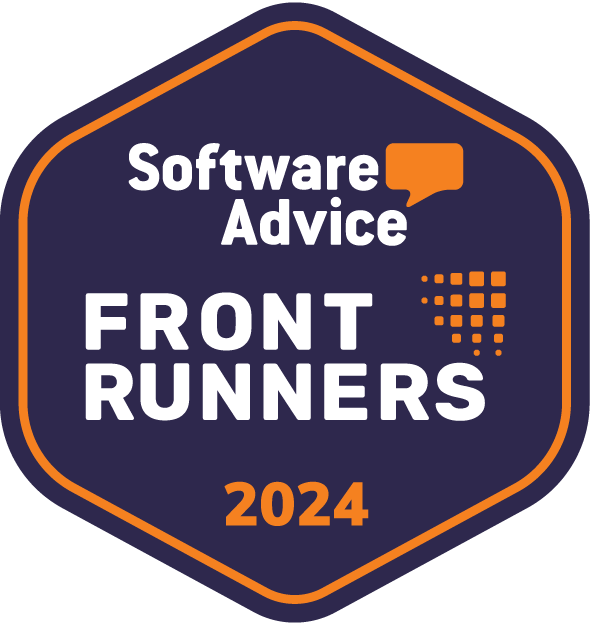In 2020, companies all around the world shifted to remote work as much as possible. The quick transition took an especially hard toll on accounts receivable collection workers. These professionals often served as customer support and worked with physical receipts and invoices. Consequently, CFOs created hybrid work best practices to facilitate the transition.
What Is a Hybrid Operating Model?
Fully remote work was a wonderful ideal that grew in popularity during the pandemic, but it was also an impossible one to achieve for most businesses. For example, workers who have a hands-on role in production and operations still had to report to work to build cars, drive trucks or grow crops. Meanwhile, most admin staff workers continued to clock in from home.
Over time, companies began to bring workers back into the office. In some cases, workers volunteered to return because the isolation of working from home had become unbearable. Hybrid work models can, therefore, describe both scenarios, i.e., when the office has people working from home and in the office, as well as when individual workers choose to do both.
What Are the Challenges of the Hybrid Work Model for CFOs?
Economists have called the hybrid work model the future of work. While it certainly introduces flexibility, agility and cost-savings for companies, it is not without its challenges.
1. Team Management
The accounts receivable collections team does more than just make collections calls. These people work in sales, operations, customer support, legal operations — or they work alongside the people who do. Managing a team remotely across so many disciplines can become difficult, especially when it involves trying to remember who comes to work and when.
2. Data Management
One of the top complaints from CFOs during the first transition to remote work was missing invoices. The A/R collections team would often process payment or submit reports with no invoices on the receipt. This frequently stemmed from them losing track of invoices during transit or while at home. Managing data across multiple online platforms also became problematic.
3. Data Security
The accounts receivable team often has access to confidential information that needs to be secured. In fact, any access to a company’s data can become problematic. Cybercriminals could steal data:
- Company materials for secret projects
- Company payroll information
- Corporate invoice information
What Are Some Hybrid Work Best Practices That CFOs Should Consider?
Almost two years into the pandemic, CFOs and other managers have learned to overcome even the biggest challenges they faced. Here are some of the best practices for today’s CFO tackling a hybrid work model.
1. Set a Schedule
Remote CFO work is easier for the professional and the employees if there is a flexible but predetermined schedule determining who comes into the office and when. In cases where some employees will work 100% from home, they should still have established work hours and a time for taking calls. Having an established schedule may also reduce the risk of burnout, which is a big contributor to high turnover rates.
2. Secure the Communication Channels
When people work from home, they are more likely to use unsecured networks and unsecured devices. Provide work devices or provide training, so employees learn how to properly secure their existing devices. It is also important to get employees into the habit of using VPNs. Virtual private networks create a secure network within an existing one to shield data from prying eyes, even on public WiFi.
3. Choose a Centralized Tool
Going paperless is crucial. Submit invoices electronically and process payments online. This reduces costs and makes it easier to pay. It also eliminates lost invoices and receipts because electronic copies are easy to find online. However, this only works efficiently if there is one central and secure tool the accounts receivable team can use.
How Can Gaviti Help CFOs Tackle Hybrid Work?
Gaviti helps accounts receivable teams and their CFOs automate many of the more menial and repetitive tasks that, nonetheless, drive results. This frees the team to work on tasks that require creativity, collaboration and ingenuity. Gaviti also provides a secure and centralized dashboard for virtually all accounts receivable tasks to take place. Let us help you keep your A/R team members on the same page, wherever they might be.


















